Content from the Brookings Doha Center is now archived. In September 2021, after 14 years of impactful partnership, Brookings and the Brookings Doha Center announced that they were ending their affiliation. The Brookings Doha Center is now the Middle East Council on Global Affairs, a separate public policy institution based in Qatar.
Since mid-April, nearly 1,500 Palestinian prisoners detained in Israeli jails have been engaged in a hunger strike. They aim to end abuses in those contexts, as highlighted by international human rights organizations. Marwan Barghouti—a man widely regarded as a Palestinian icon of resistance against the Israeli occupation and a possible successor to aging Palestinian President Mahmoud Abbas—is leading the hunger strike campaign.
President Abbas, for his part, doesn’t seem to have placed particular priority on this issue. That’s a mistake, since history shows that addressing political prisoners is a key step in peacebuilding.
Long Walk to Freedom
Israel has imprisoned more than 700,000 Palestinians, or about 20 percent of the current Palestinian population, since the 1967 war. Currently some 6,500 Palestinians, including adults and children, are held in Israeli jails, something Amnesty International calls “a flagrant violation of the Fourth Geneva Convention.”
Most of the Palestinians currently being held were subjected to prosecution in military courts that human rights organizations say do not to meet the minimum standards required for a fair trial. Israel routinely interrogates Palestinians without the presence of a lawyer, and many are denied contact with family. The Israeli justice system often accepts confessions from Palestinian detainees allegedly obtained under duress.
Child prisoners are also receiving increased attention. Since September 2000, Israel has arrested and imprisoned more than 8,000 children, and Palestinian human rights organizations such as Admeer report that as many as 700 children a year come before Israeli courts. In March 2013, a U.N. report accused Israel of “systematic abuse” of Palestinian child detainees.
These issues have mobilized the Palestinian hunger strikers in a campaign called “The Long Walk to Freedom,” in honor of former African National Congress leader and political prisoner Nelson Mandela. The striking prisoners are demanding more contact with relatives, better access to medical treatment, and an end to administrative detention (whereby people are held without charge or trial). In August 2016, Israeli human rights organization B’tselem estimated that 644 Palestinians were in Israeli administrative detention. Many such detainees go without charge for more than a year.
Peace Consequences
Since his inauguration, President Trump has indicated he wants to engage in the resolution of the Israeli-Palestinian conflict. King Abdullah of Jordan and Israeli Prime Minister Netanyahu have already visited Washington. Palestinian President Abbas is preparing for a visit in early May. No doubt, peace will be the main issue on the agenda. As part of that, the issue of Palestinian political prisoners and detainees remains an ongoing obstacle.
Nevertheless, advisers close to President Abbas believe that there are still gains to be made from highlighting the plight of the prisoners and have publicly supported the campaign led by Marwan Barghouti. Barghouti is a rival to President Abbas in name only, and is seen as a natural successor to the aging president. For Hamas leaders, Barghouti is a man with whom they can and have done deals. He unites where President Abbas divides.
Hunger for Justice
In 1981, Bobby Sands—who led a hunger strike in which Irish Republican prisoners were seeking to regain status as political prisoners from the U.K. government—died in custody. His death led to a new surge in recruitment for the Irish Republican Army (IRA) and violence in Northern Ireland. It was not until 1998 that, with U.S. mediation, the Troubles in Northern Ireland ended with a peace agreement.
A cornerstone of the agreement was the release of political prisoners from all sides in the conflict. This is a sobering and informative lesson from history. In reality, it has not been a particular priority of President Abbas’ to gain international support on this issue—rather, he has only been moved to initiative when public pressure or political rivalry with Hamas compels him to do so. It is unlikely that President Abbas will put the hunger-striking Palestinian prisoners at the top of his agenda for meeting his counterpart, Trump. Nevertheless, if the Trump administration does determine that it can play a role in reviving the peace process and negotiations, it would be minded to recognize that hunger strikes are a powerful tool of political prisoners and that political imprisonment and human rights violations have been major impediments, historically, in peace agreements. Those concerns shouldn’t be sidelined.
The Brookings Institution is committed to quality, independence, and impact.
We are supported by a diverse array of funders. In line with our values and policies, each Brookings publication represents the sole views of its author(s).


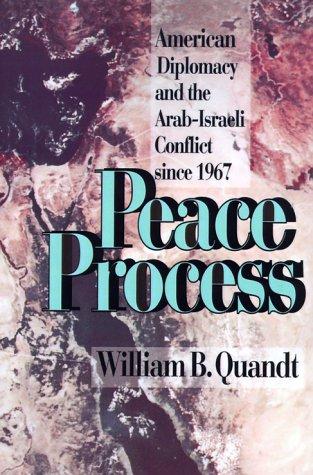
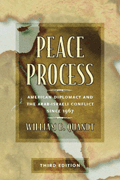
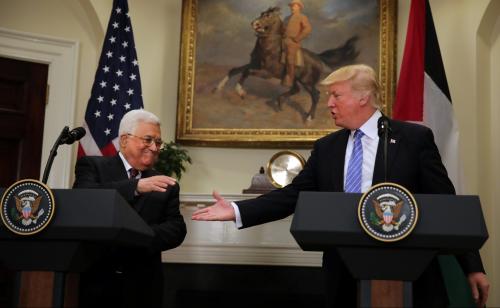
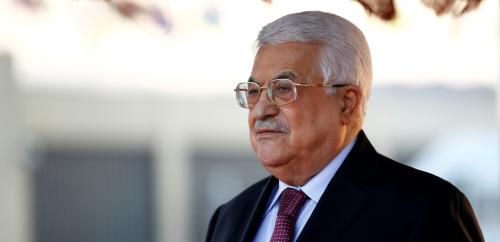


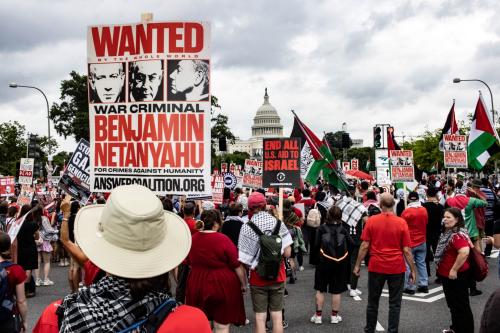
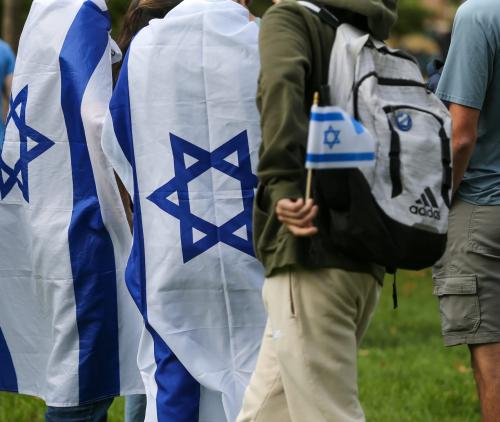

Commentary
Prison politics in the Israeli-Palestinian conflict
May 1, 2017